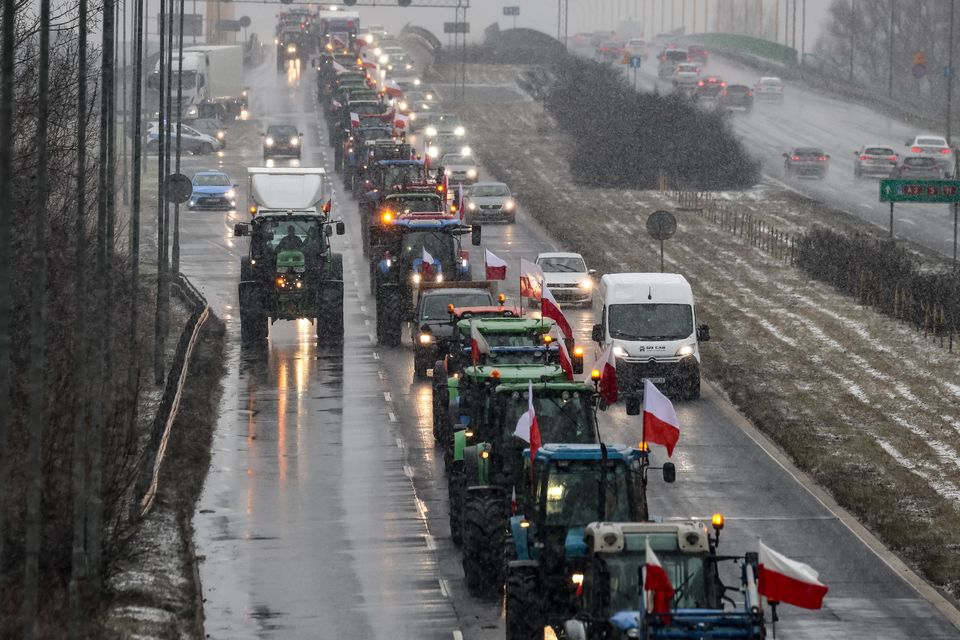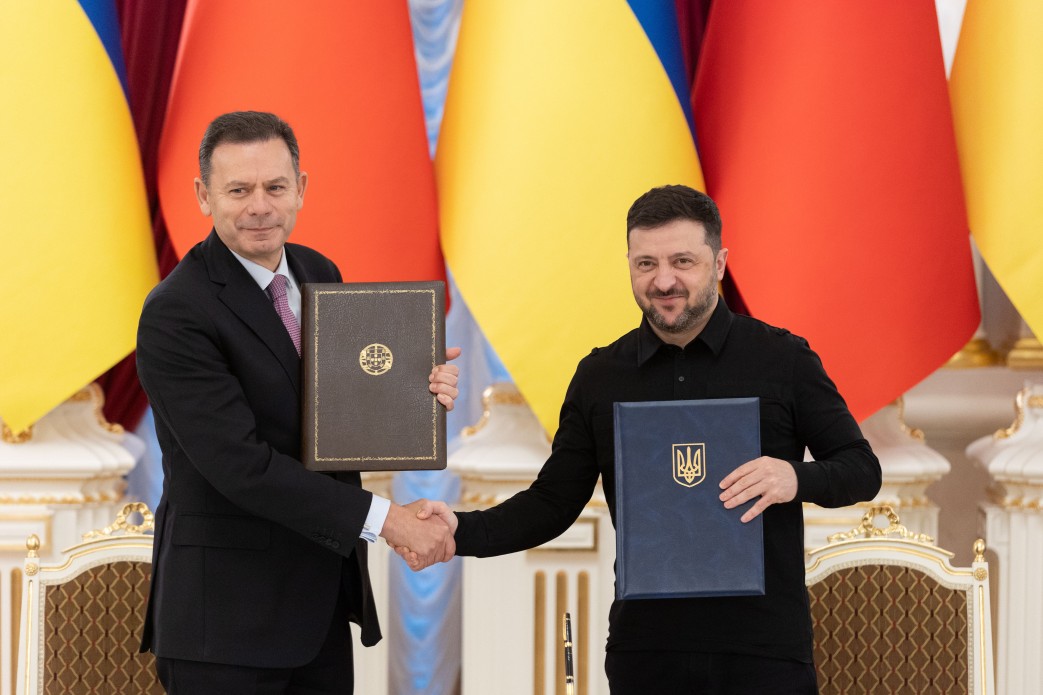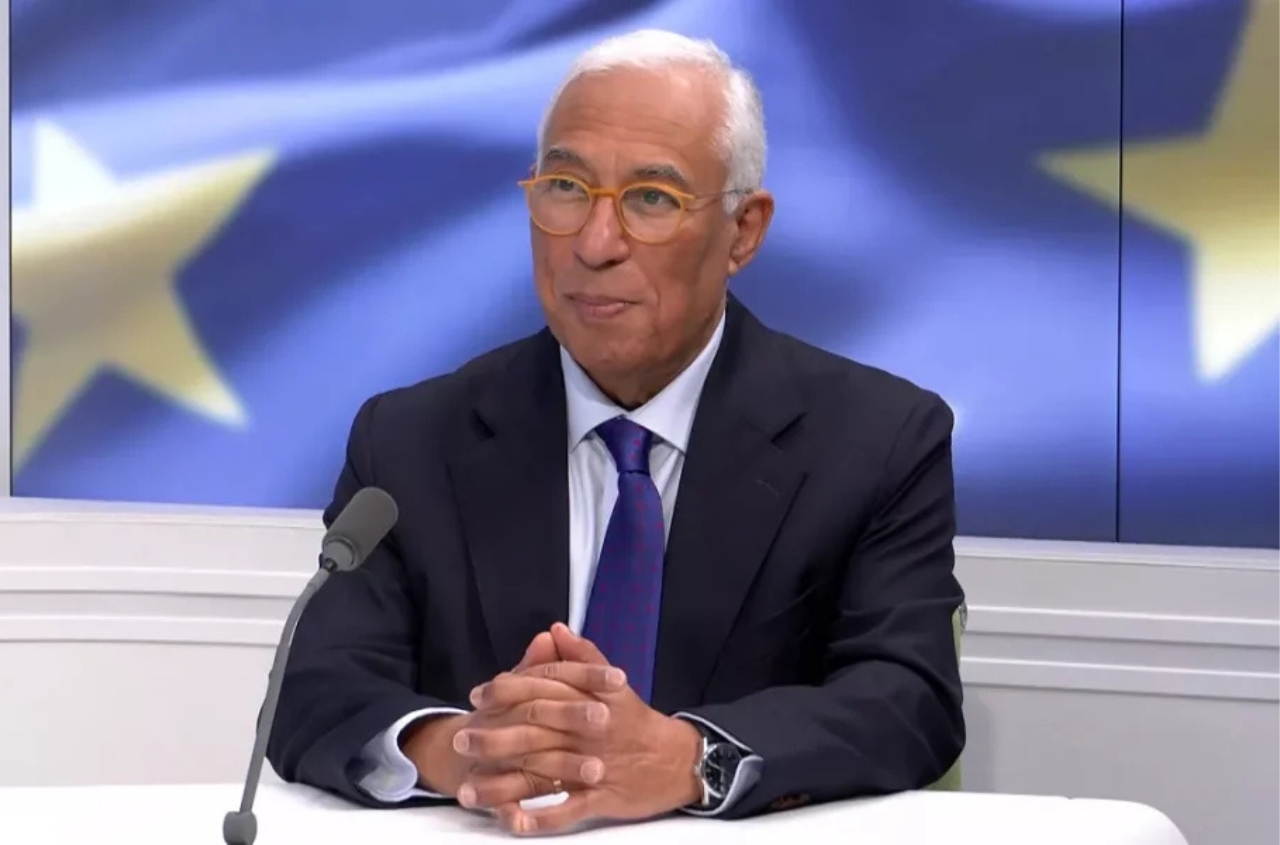The proposed continuation of trade liberalization for Ukraine by the European Commission poses a threat to the economic stability of EU sectors such as poultry, eggs, sugar, grain, and honey.
This was stated in a joint statement by six agricultural associations of the European Union, published on the COPA-COGECA website.
The associations noted that the European Commission's decision to liberalize trade with Ukraine after the start of the war led to a significant increase in the import of Ukrainian agricultural products. Moreover, the "paths of solidarity" only partially achieved their goals, as some of the products remain on the European market.
"Farmers in Romania, Bulgaria, Poland, Hungary, and Slovakia are now selling their products at prices about 40% below standard market prices - if they are able to sell them at all. What was initially considered a tolerable short-term situation has now become an extremely contentious issue, and thousands of farms are facing the threat of collapse.
Furthermore, this issue has begun to affect other EU member states, such as France, Belgium, the Netherlands, Germany, and Austria, where grain, poultry, and sugar producers are under significant pressure," the statement said.
The export of products that do not meet EU environmental and social standards leads to a decrease in agricultural prices, despite the fact that production costs continue to rise, the statement claims.
"Currently, the European Commission proposes to restore trade liberalization, offering EU farmers the only solution - to limit the import of Ukrainian poultry, eggs, and sugar to the average volumes of 2022-2023. However, it is precisely these volumes that have led to the current difficult situation for EU producers. There are no restrictions planned for grain and honey, despite Ukraine's significant production capacity, leaving these sectors under the potential solutions of the European Commission in case of 'extreme necessity.'
This approach will not solve the problems of farmers who are currently protesting. Instead, it will likely lead to further demonstrations, unilateral bans, and ultimately, a reduction in support for Ukraine. Without a more strategic perspective, Europe faces a double problem: on the one hand, disruptions in the domestic market will intensify, and on the other hand, Ukraine's traditional markets will be replaced by Russian grain and products," the statement said.
"The European farming community cannot be satisfied with mere statements. We expect clear measures for all sectors affected," the agricultural associations concluded.
The appeal was signed by: AVEC - Association of Poultry Processors and Poultry Meat Traders in EU countries; CEFS - European Association of Sugar Producers; CEPM - European Confederation of Maize Producers; CIBE - International Confederation of European Beet Growers; COPA-COGECA; EUWEP - European Union of Egg Wholesalers, Egg Product Traders, Poultry, and Game.




















